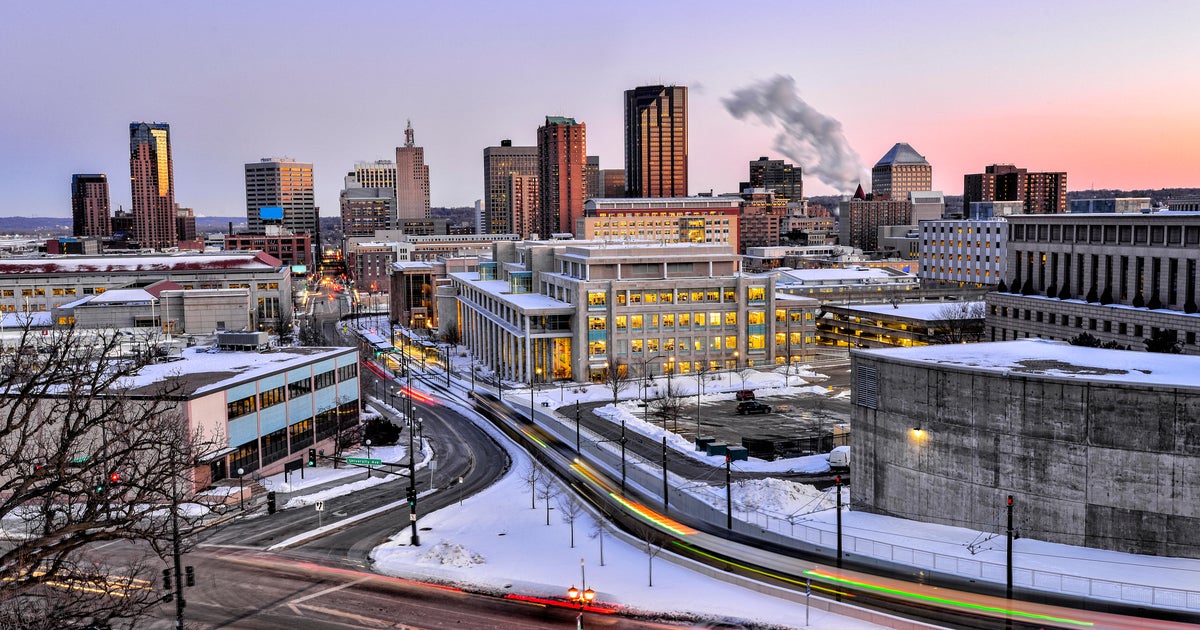Humans are responsible for destroying or degrading two-thirds of the Earth's tropical rainforests, according to new study
Tropical rainforests are disappearing at an alarming rate, and according to a bleak new report by the non-governmental organization Rainforest Foundation Norway, humans are to blame. The world's dependence on coal, farming, soy, palm oil and mining has resulted in two-third's of Earth's tropical rainforests being completely destroyed, and the remaining ecosystems being put "closer to a tipping point," the report, published Tuesday, says.
Tropical rainforests once covered 14.5 million square kilometers — 13% — of Earth's surface, according to RFN, but now, just one-third of that remains intact. Of the original area tropical rainforests once occupied, 34% is "completely gone" and 30% is suffering from degradation.
All that remains is roughly 9.5 million square kilometers, and 45% of that is in a "degraded state," the study says. Only one-third of the original tropical rainforest is still "intact," the report says.
Anders Krogh, who authored the report and works as a special advisor at RFN, said in a press release that the findings are "alarming."
"The good news is that we have an area half the size of Europe that is still completely intact. However, the remaining tropical rainforests are either severely damaged or increasingly fragmented," Krogh said. "Humans are chopping these once vast and impenetrable forests into smaller and smaller pieces, undermining their ability to store carbon, cool the planet, produce rain and provide habitats. The world depends on tropical rainforests to provide these services."
The study analyzed tropical rainforests from 2002 to 2019, and found that since 2002, the area of rainforest lost is greater than the size of France.
Researchers blame "human consumption" for the loss. While agriculture has always been a driving factor of rainforest loss, the report said that energy consumption, international trade and the production of soy, palm oil, cattle, logging and mining have been the largest threats over the past century.
A significant amount of U.S. commodities rely on resources from tropical rainforests. The country heavily relies on palm oil, rubber and cocoa, all of which come from forests around the world. Oftentimes, these resources are harvested from illegally deforested lands.
Tropical rainforests are home to more than half of the Earth's biodiversity and have more carbon in living organisms than any other ecosystem, according to RFN. Along with supporting significant animal life, tropical rainforests are also essential to slowing down global warming.
Of the world's remaining tropical rainforest cover, 70% is found in Brazil, Peru, Colombia, both provinces of Papua and the Democratic Republic of Congo, which alone holds more than half of Africa's tropical rainforests.
Now, researchers say, the remaining ecosystems in these forests are facing a tipping point.
"These highly specialized ecosystems are suffering from constant and persistent abuse, through our bottomless appetite for land and resources," Krogh said. "We expect that upcoming UN climate and biodiversity summits provide specific targets and measures to protect intact tropical rainforests."
The researchers also believe that the loss of tropical rainforests puts "the whole world at risk" of future pandemics.
"Massive deforestation is violating nature's natural virus protection mechanisms, putting the whole world at risk from potential new pathogens spreading from animals to humans," Krogh said. "The aftermath of COVID-19 should bring rainforest protection to the top of the agenda of all policy makers and world leaders concerned about preventing the outbreak of new pandemics."
On Monday,15 United Nations entities issued a joint statement to recognize "the right to a healthy environment." The statement was the first of its kind at the global level, according to the UN.
"We are faced with a triple environmental crisis: climate change, loss of biodiversity and pollution. Rights of present and future generations depend on a healthy environment," the statement says. "The global recognition of the right to a healthy environment will support efforts to leave no one behind, ensure a just transition to an environmentally healthy and socially equitable world and realize human rights for all."



